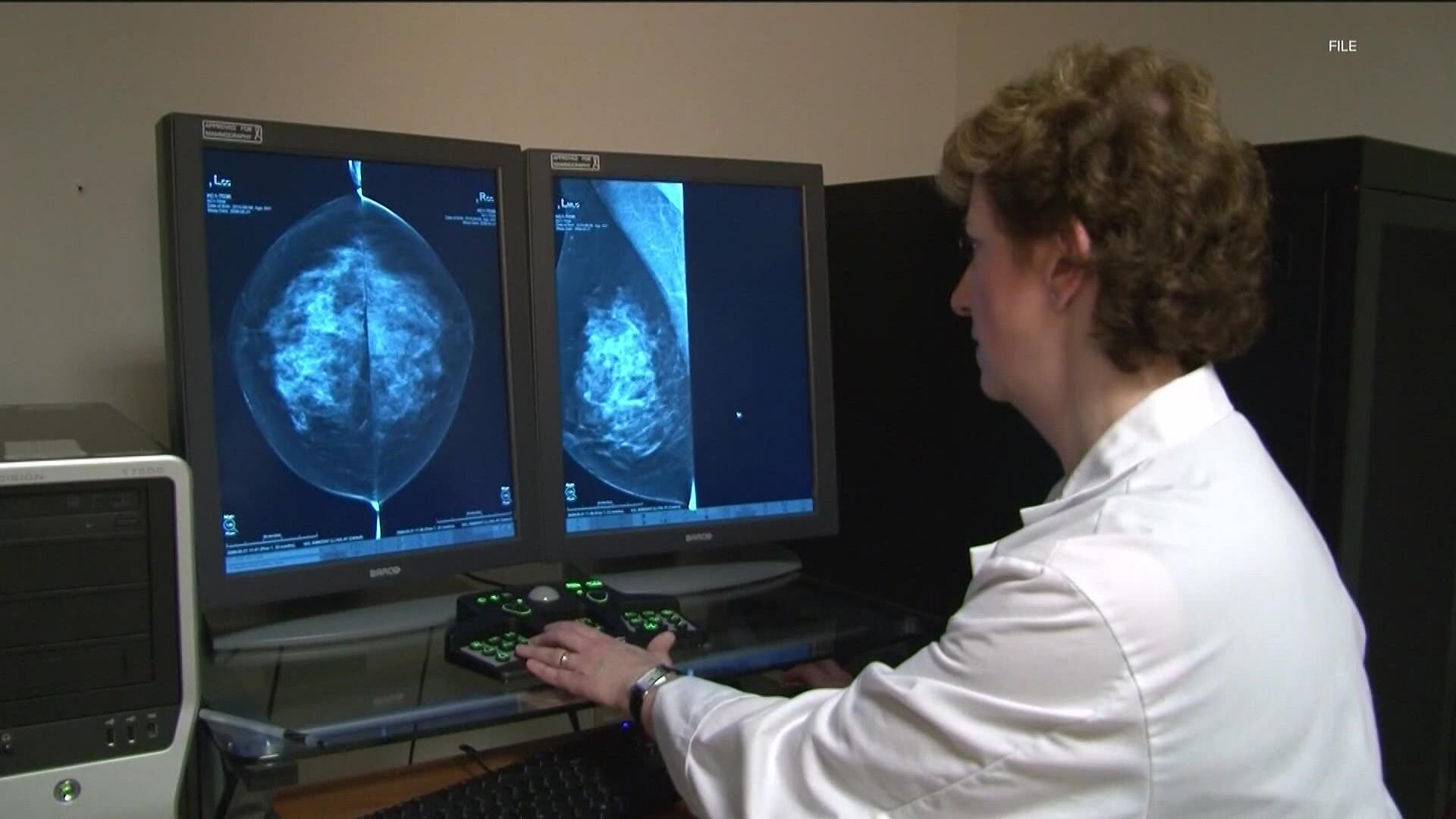ATLANTA — A newly released cancer study shows there are worst outcomes for Black patients than whites diagnosed with cancer across the board. The evidence shows breast cancer is especially detrimental for Black women compared to white women who are diagnosed with the disease.
The Atlanta-based study by the American Cancer Society used cancer data from 2019 from thousands of patients.
Breast cancer survivor Felicia Mahone said she was not surprised at the results, remembering her own experience of being diagnosed with Stage 2a breast cancer.
"It was very hard to maneuver through the health care system not having insurance and not knowing where to go," said Mahone. She said she's learned a lot about advocating for her own health through the experience.
"Keep asking, and keep asking, and keep asking, and someone might hear you - or they might not," said Mahone.
The latest American Cancer Society study shows Black women are 41% more likely to die from breast cancer than white women despite a lower risk of being diagnosed with the disease.
American Cancer Society CEO, Dr. Karen Knudsen attributes it in part to differences in when they’re diagnosed.
"Black women are being diagnosed later but irrespective of when they're diagnosed, they have a worse outcome than whites so we take that to mean they have less access to quality care," said Knudsen.
The study also showed that cancer was detected early in only 57% of Black patients compared to 67% of white women, leaving Black women with a lower five-year survival rate compared to white women.
"The entire cancer disparity report is a call to arms because the discrepancy between Blacks and whites tell us we can do better," said Knudsen.
Mahone said the Black community needs to talk more about cancer and encourage each other to do self-exams and schedule mammograms.
"I've had three maternal aunts have breast cancer and four maternal cousins and we still don't talk about cancer in our family," said Mahone.
Her advice to other Black women is to know their bodies, have a screening plan in place and be persistent.
"I still have to fight with my doctors when I'm telling them what's wrong with me," Mahone said. "You have to know your worth and know that you are worth it."
Doctors say screening is a major component in cancer prevention and treatment and there are resources to provide screening even without health insurance.
The Center for Black Women's Wellness provides guidance on how to tap into free resources for care. People can also call the American Cancer Society at 1-800-227-2345.

